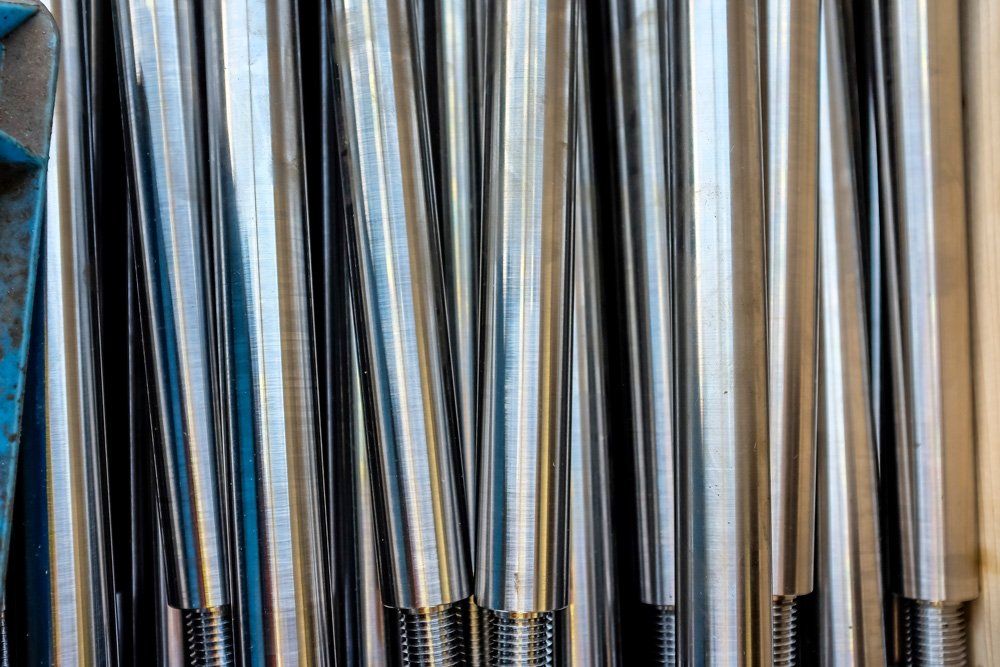Aluminum Versus Wood Windows: Which Is Best?

The importance of windows goes beyond functionality to aesthetics, value, and ongoing costs. As such, choosing a framing material for your window is a crucial decision that influences your project's durability, energy efficiency, and maintenance needs.
Aluminum and wood are common window frame materials. Since these materials have their strengths and weaknesses, it can be hard to choose the best one for you. Learn the differences between aluminum and wood windows so you can identify the one that suits your project.
Energy Efficiency
Wood windows are best for projects aiming to attain maximum energy savings because they are more energy-efficient than aluminum windows. Wood is an inefficient conductor, and thus, heat does not transfer through it. Subsequently, a wood frame keeps off heat during summer and cold air during winter.
Aluminum is a conductor that allows heat to move through the material. Therefore, the window becomes susceptible to heat loss during cold months and heat gain in hot seasons.
Maintenance
Wood windows are vulnerable to cracking, water damage, and chipping due to inclement weather. As such, they require significant maintenance, from painting to varnishing, sanding, and treating to shield against weather effects.
On the contrary, aluminum windows are strong and have less wear and tear over time. They are low maintenance and can withstand inclement weather and all types of climate. Aluminum windows don't require painting so you don't have to worry about paint chipping.
Versatility
Aluminum is more versatile than wood, which allows you to customize it into unique window shapes. It is light yet sturdy and can hold big panes of glass with narrow window profiles. If your project requires huge window views, aluminum window frames are the ideal choice.
Wood windows are less flexible and have limited custom designs and only come in traditional styles. However, you can customize wood windows with different finishes and paint colors to complement a property's décor.
Durability
If you want durable windows for your project, aluminum is the best option because of its unmatched strength and long lifespan. Wood is susceptible to weather, which can result in warping, rotting, and contracting. Consequently, your wood windows may need repair or replacement sooner than aluminum windows.
Environmental Considerations
Aluminum windows are more environmentally friendly than wood windows. Aluminum is a naturally plentiful substance and is recyclable. Recycling the metal conserves 95 percent
of the energy used to produce new aluminum.
On the contrary, wood windows require trees to be cut, accelerating deforestation and illegal logging concerns. Also, they must be treated with chemicals to prevent pest infestation, which can harm the planet.
Appearance
Aluminum windows blend well with contemporary houses with more glass, steel, and chrome. They are a top choice for modern homeowners who want to enjoy their associated strength, low maintenance, and versatility. Wood windows are suitable for antique and high-end homes due to their timeless character and innate beauty.
Pest Infestation
For both residential and commercial projects, you may want to choose a material that does not harbor pests. In such a case, aluminum is the first choice. With time, wood windows can provide a good residence for pests, ranging from termites to ants and beetles. Pests cause significant damage to properties. Termite damage, for instance, costs homeowners 5 billion dollars
annually.
Cost
Aluminum windows are inexpensive, making them an excellent choice for projects that need to keep costs down. Wood window frames are costly, and regular maintenance drives the cost even higher.
Whether you choose aluminum or wood windows depends on your project needs and budget. Get in touch with Mikro Corp
for aluminum and wood windows for your project. We are a reliable building material supplier in Broward County, and provide the best brands in the industry.












